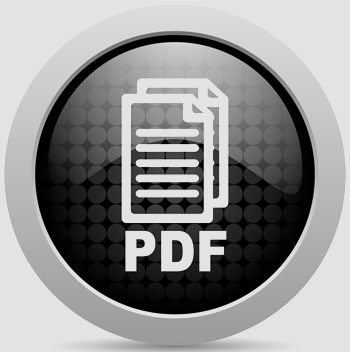
Another reason for firms to rely greatly on PDF conversion is that it can protect the document from edits depending on the software used and the security aspects specified. A variety of tools are available across the web for converting documents into PDF format. Converting the documents into PDF not only improves security, but also facilitates increased sharing and data storage.
Advantages of PDF Conversion
Portability and Mobility: This format is independent of the hardware, software and operating system (OS) used to create or view the PDF document. This feature makes it easy to transfer files between different applications, and avoid any communication problems.
High level data encryption: PDF allows secure transfer of files over the internet, with the help of data encryption techniques. User access to files can be customized according to requirements. Digital signature and password protection in PDF works as a means to confirm its authenticity.
Interactive Functions: The format supports various interactive functions such as hyperlinks, file attachments, mark-up, movies, music, and text notes. Interactive forms can easily import and export data when required.
Preservation of visual elements: PDF format preserves all the visual elements in the original file, created before making the conversion to PDF. For example, while converting Word to PDF, all text, images, and graphics created in Word can be effortlessly transformed to PDF format. With preservation of textual content and data as is, there is no need to worry about manual data entry errors that can put your work or your company, at risk.
File Compression: PDF allows compression of files, which is particularly helpful for files with graphical elements. Compression level can be achieved somewhere from 2:1 to 8:1 so that the size of the documents can be reduced without losing quality. With greater compression, companies could reduce the amount of data required for archiving, while achieving secure collaboration with electronic signatures used in carrying out PDF changes.
A recent report from Nitro Software highlights the data management benefits PDF conversion offers businesses. The report claims that the increasing use of PDF formats alongside Microsoft Office suites could deliver a real productivity boost. Both systems are extremely powerful and easy to use, and also complement each other.



